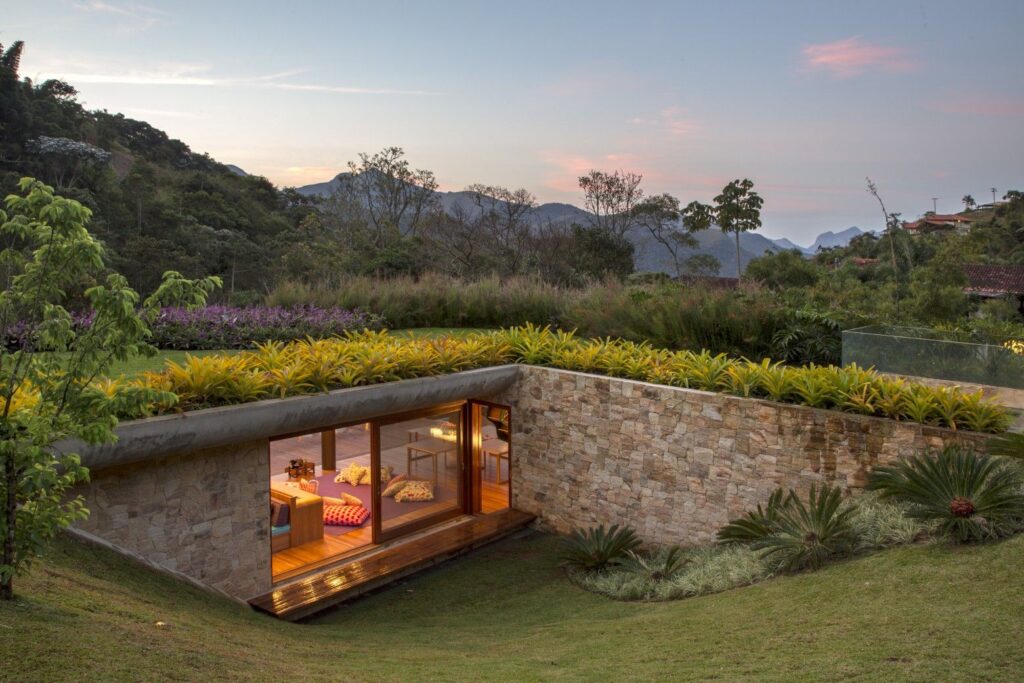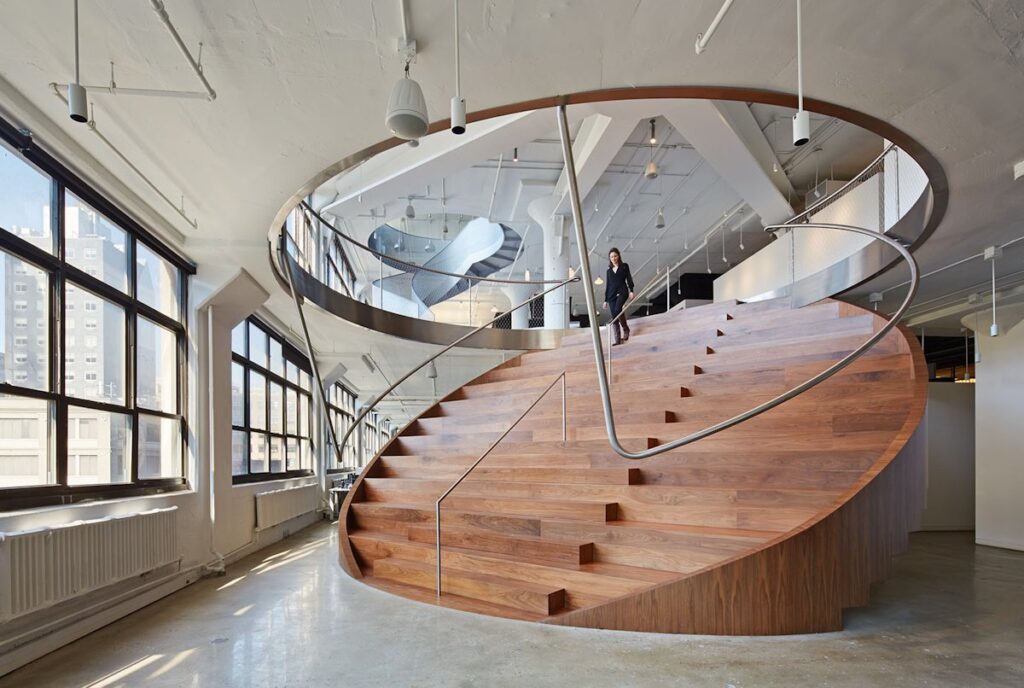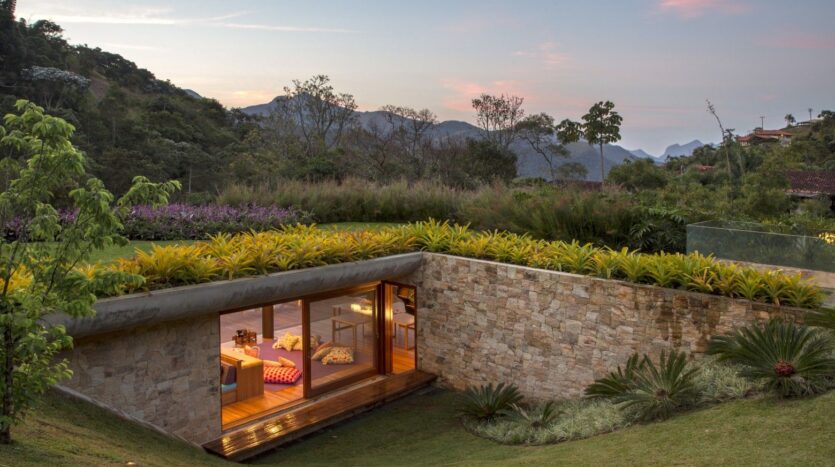In the vast tapestry of human history, the evolution of homes mirrors our societal progress, reflecting our needs, innovations, and aspirations. From rudimentary shelters to technologically advanced smart homes, the journey of modern dwellings has been a testament to human ingenuity and adaptation.
Past: The Genesis of Shelter

Ancient Dwellings: The earliest human habitations were simple, focusing primarily on survival. These dwellings were often caves, makeshift huts, or tents crafted from natural materials like branches and animal hides. They provided basic protection from the elements and predators, representing the fundamental urge for safety and security.
Architectural Advancements: As civilizations flourished, architectural styles diversified.
Egyptians built mud-brick homes, Greeks and Romans designed grand structures, merging aesthetics and functionality in housing.
Medieval Era:
In the Middle Ages, fortified castles and timber-framed houses reflected social hierarchy and defense needs.
Present: Modern Innovations Shaping Homes

Industrial Revolution: The 19th century’s industrial revolution sparked a monumental shift in housing.
Mass production enabled affordable materials such as steel, glass, and concrete, fostering urbanization and giving rise to apartment complexes and suburban homes.
Technological Integration: In the present era, technology has revolutionized homes. Smart devices, from thermostats to voice-controlled assistants, have transformed houses into interconnected hubs. Energy-efficient designs and sustainable materials also take center stage, aligning with eco-conscious trends.
Changing Lifestyles: The concept of home has evolved beyond a mere shelter. Work-from-home setups, home gyms, and multifunctional spaces reflect the changing dynamics of how we live, emphasizing flexibility and adaptability.
Future: Glimpsing Tomorrow’s Dwellings

Innovative Architecture: The future promises groundbreaking architectural marvels, with concepts like 3D-printed homes and modular structures offering affordable, customizable housing solutions. Moreover, advancements in nanotechnology and biophilic design may revolutionize how homes are constructed and experienced.
AI and Automation: AI will likely play a pivotal role in homes, anticipating occupants’ needs, optimizing energy usage, and ensuring heightened security through advanced automation systems.
Sustainable Living: With an increased focus on sustainability, we expect future homes to become more energy-efficient by integrating renewable energy sources like solar panels and embracing circular design principles to minimize waste.
In conclusion, the evolution of modern homes epitomizes our societal progression, from humble shelters to interconnected smart habitats. Technology shapes lives, driving innovative, eco-friendly homes meeting comfort and functional needs.
- Насколько самоуверенность воздействует на понимание побед - December 4, 2025
- GameArt Casinos 2025 ⭐ Best GameArt casino Dr Bet Login login Gambling enterprise Bonuses & The Harbors - December 4, 2025
- Online Casino’s in Nederland: Regelgeving en Praktische Vereisten - December 4, 2025





